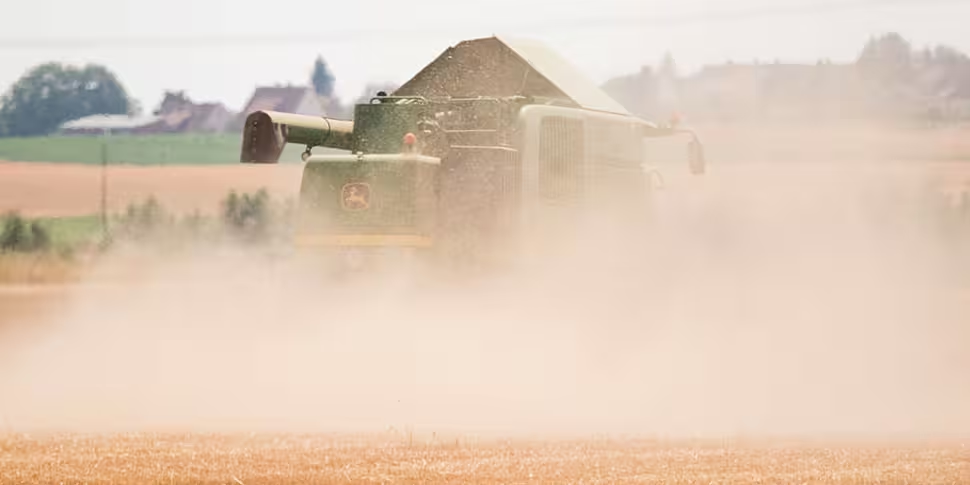The United Nations is warning that we need to change the way we produce and eat food to prevent climate disaster and feed humanity.
In a landmark report on climate change and land use, the UN Intergovernmental Panel on Climate Change (IPCC) said we need to take immediate action to allow lands around the world to regenerate.
The report notes that we are locked in a vicious cycle in which degrading lands lead to climate change which in turn degrades lands further.
It finds that the continued destruction of forests and huge emissions from agriculture and beef production will intensify the climate crisis and speed up the destruction of lands around the world.
Climate crisis
The report warns that in order to turn the tide in the fight against climate change we need to eat more plant-based food, turn to more sustainable land use, end the clearing and burning of forests and prevent the overharvesting of fuelwood.
However, the authors warn that these changes will fall short unless we massively reduce greenhouse gas emissions.
Land is under pressure from humans and #climatechange, and it is at the same time part of the climate solution.
See the @IPCC_CH PRESS RELEASE on the Special Report on Climate Change and Land released today 👉 https://t.co/ttKnS8dIoa #SRCCL pic.twitter.com/WhydvA7zAk
— UN Climate Change (@UNFCCC) August 8, 2019
At a press conference this morning, Jim Skea, one of the authors of the report, said changing global diets would help.
“For example, diets that are high in grains, nuts and vegetable have a lower carbon footprint that those that are high in meats and they lead to better health outcomes,” he said.
Irish impact
Catherine Devitt, Head of Policy with the Stop Climate Chaos Coalition said the report has “considerable implications for how we use land here in Ireland.”
“As we’ve seen in recent episodes of severe flooding and prolonged drought, the degradation of land and climate change are already impacting negatively on Irish agriculture,” she said.
“The report is very clear in its conclusions that if we are to avert catastrophic climate change, we must transform how we produce food, and how we use and manage land.
“We need to produce food in a way that doesn’t harm nature.
“We must diversify our diets and eliminate food waste, and we must ramp up climate action across all sectors to ensure future food security.”
Agriculture
The report notes that 70% of the world’s ice-free land is affected by human activity while agriculture, forestry and other types of land use account for 23% of human greenhouse gas emissions.
It notes that the world’s forests, plants and soil are essential tools in the fight against climate change with natural land process absorbing a third of humanity’s emissions.
Did you know that up to one third of greenhouse gas emissions come from food production?
That’s why this @Momentum_UNFCCC award-winning project is teaching kids and chefs to eat healthier — for themselves and the planet. pic.twitter.com/12Pyb82UUT
— UN Climate Change (@UNFCCC) August 7, 2019
“Some dietary choices require more land and water, and cause more emissions of heat-trapping gases than others,” said Debra Roberts, Co-Chair of the IPCC Working Group behind the report.
“Balanced diets featuring plant-based foods, such as coarse grains, legumes, fruits and vegetables, and animal-sourced food produced sustainably in low greenhouse gas emission systems, present major opportunities for adaptation to and limiting climate change.”
IPCC
Last October, the IPCC "Special Report" warned that the world must reduce emissions by at least 45% by 2030 to have any chance of preventing catastrophic and irreversible climate change.
The concentration of carbon dioxide in the atmosphere is at its highest level in human history and has recently seen its second highest year-on-year rise since records began.
At current rates that concentration level will see catastrophic climate change within ten years.









